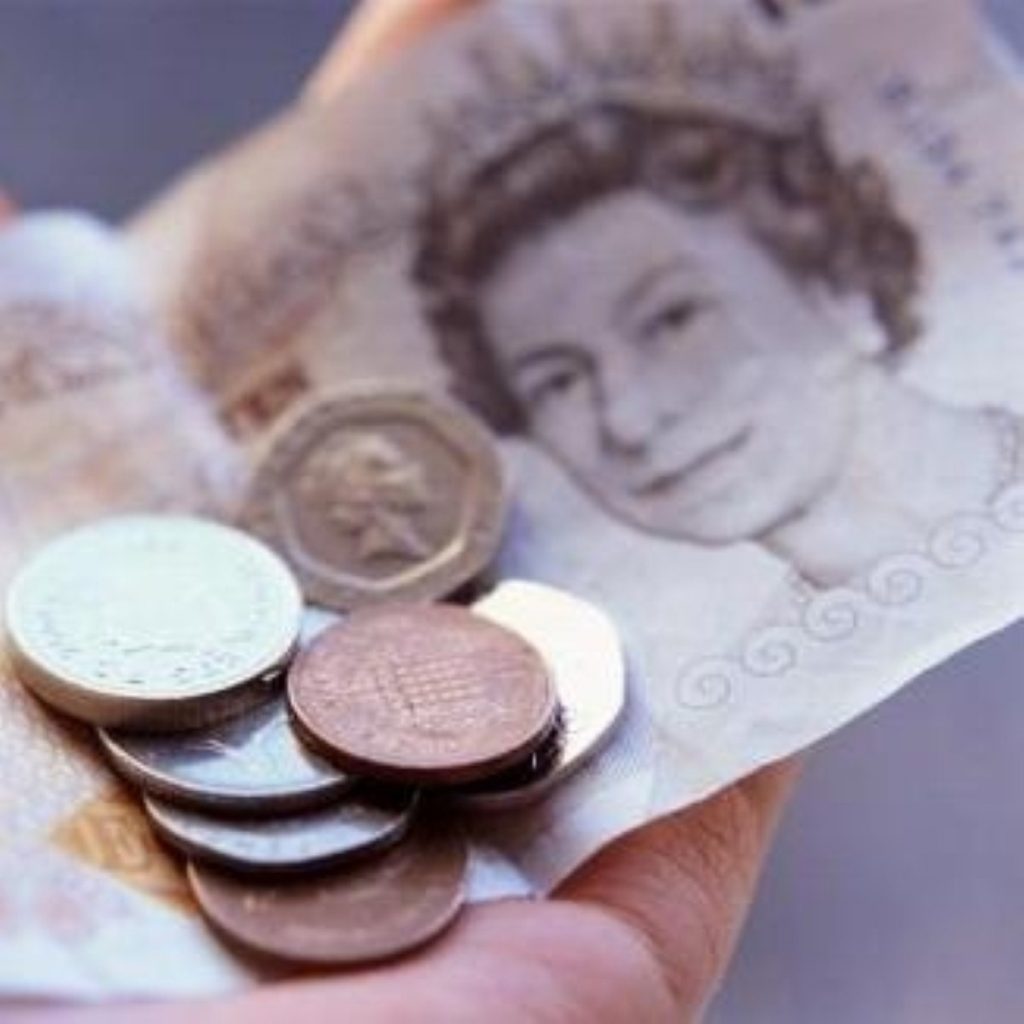Pay rises ‘fail to cover’ rising cost of living
Average pay rises this year will not cover the increased cost of living, a new consumer survey has warned.
In advance of the 2008 Budget, uSwitch has highlighted the financial burden facing consumers.
Workers are expecting an average monthly increase of £44 a month in take-home pay following this year’s pay rises.
However, this will not cover the estimated £148 increase in the cost of living per month.


Moreover, wages in the private sector are surging ahead, expecting an average monthly increase of £61 compared to £31 in the private sector.
Overall, only company executives, financial advisers and lawyers can expect their pay package to cover the increased cost of living.
Uncomfortably for the government, the uSwitch survey identifies teachers, nurses, police and civil servants – all of whom have had their pay aggressively curtailed by the government – as the most affected by the rising cost of living.
Ann Robinson, director of consumer policy at uSwitch.com, said it was now “crunch time” for UK households as they face up to an economic downturn.
She said: “The UK faces the double threat of turmoil in the financial markets and increasing inflation. When coupled with lower than anticipated salary increases it can only mean that consumers are in for a bumpy ride.
“People will be looking to the chancellor to help ease the burden through his next budget.”
The Conservatives are attempting to lay the blame for financial unease at Gordon Brown’s feet, claiming he failed to prepare the UK for an economic slowdown during his decade at the Treasury.
Philip Hammond, shadow chief secretary to the Treasury, said the uSwitch survey showed families were struggling to cope.
“This study confirms what ordinary families already feel in their wallets,” he said.
“Gordon Brown’s legacy to Britain’s hard working families is falling take-home pay, soaring food and fuel costs and £1.4 trillion of personal debt.”
Ahead of the 2008 Budget on Wednesday, uSwitch is predicting higher taxes on alcohol and cigarettes, justified on health grounds, and a modest tax increase of two per cent on most other domestic products.









